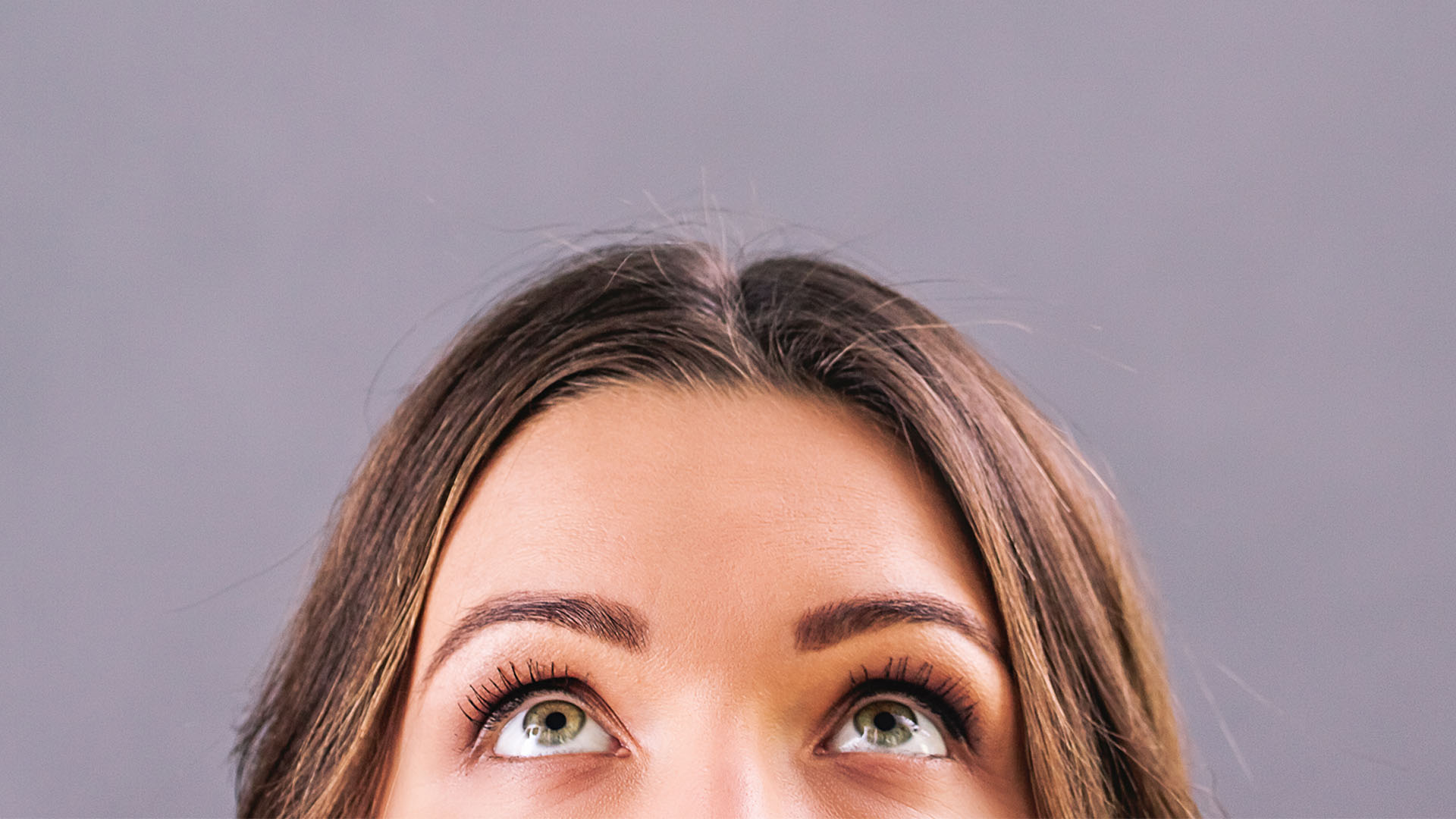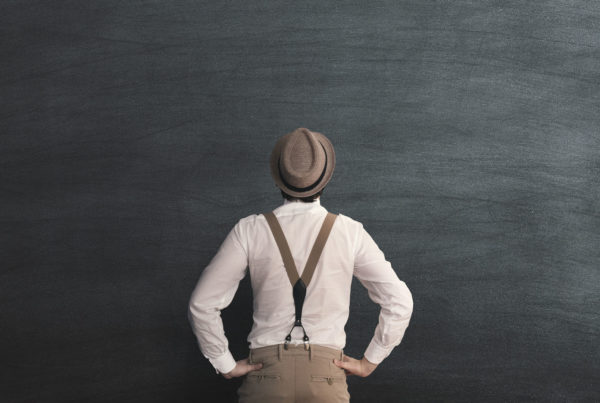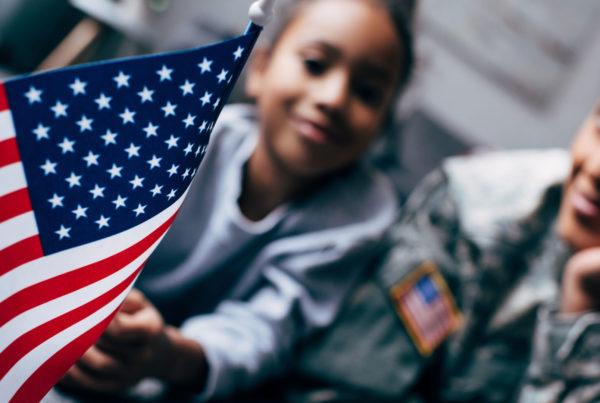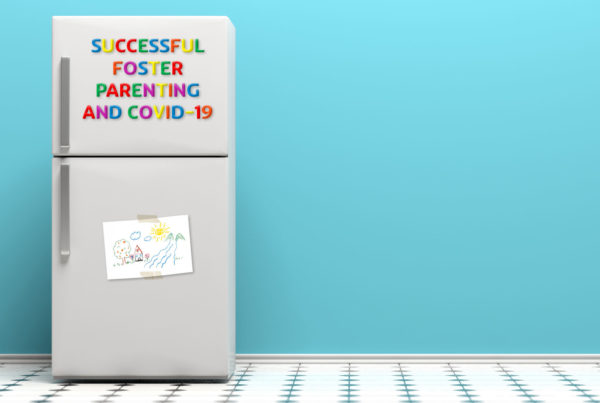By Matthew Koval, M.D. / Jodi S.W. Whitcomb
Before 2020, the acronym “PPE” was used mostly in the manufacturing and front-line healthcare fields.
Then came COVID-19, and Personal Protective Equipment became a subject on everybody’s lips. From sewing enthusiasts producing heaps of face coverings to children raising money to buy disposable gloves to states chartering flights to other countries in search of surgical masks and gowns – many Americans got a crash course in the importance of PPE.
The hard lesson is that we as a society were not prepared for the demands of the pandemic on our supplies of PPE. That lack of preparation meant our response was not as efficient or targeted as it could have been, and it also meant our front-line responders and essential personnel were left without necessary protection from infection in the early days of the crisis. We now know now that we could have been better prepared, by ensuring we had enough PPE or knew where to get it amid a crisis. That involves anticipating our needs in the likely situation we will face – and recognizing there will be no excuse for being unprepared the next time.
That next time will not be the same as the crisis we faced in the spring of 2020. That situation called for an aggressive response to reduce the possibilities for infection throughout our society – a time of significant and rapid change to the way we work, learn and live. At KidsPeace, our associates rose to the challenge magnificently, throwing themselves into the work of preparing and executing our response to the pandemic. Many of us did so with the belief that our hard work early on could halt the spread of the virus and thus bring about a return to normal life sooner rather than later.
Unfortunately, that’s not how the pandemic has played out. We’re continuing to see staggering infection and death tolls from COVID-19, and as a result the changes in our routines are beginning to feel more permanent. Even with all the work we’ve done, it seems like our lives now are defined by the virus, and we don’t know when (or if) there can ever be a “return to normal.” Our perception that this is a short-term event that we can “power through” has changed to a realization that this is a long-term crisis without a clear end date, and as a result the stress we feel is changing from acute to chronic.
Here’s a useful analogy:
A weather event like a hurricane can cause acute stress for those living in the affected area. But how would our stress change if hurricanes hit us every day, and no one could tell us authoritatively when they would stop? It would turn into chronic stress, and it would have very different effects on our well-being.
Chronic stressors are known to cause or exacerbate not only the mental health difficulties that come with stress (anxiety, poor sleep, irritability, etc.), but physical health issues as well, such as high blood pressure, heart disease, poor immune response, obesity, depression, and substance abuse. In too many cases the individual’s reaction to chronic stress is to “become numb” – they can appear indifferent to the stress and emotionally detached from it, so they dismiss the idea that they are affected. But the stress is still there, and still continues to affect them.
If we recognize that the stress we are living with is changing from acute to chronic, we realize that we need to heed the example of the PPE shortage and prepare for the crisis we will face. This time, the challenge is not physical protection, but mental health preparedness – and that’s where the concept of Mental Health Protective Equipment (MPE) comes in.
The tools of MPE
MPE is best defined as a set of actions you can use to protect yourself from the impact of chronic stress, and thus counteract the effects of the COVID-19 pandemic. If you make these actions a habit, you can actually “stockpile” their positive effect on your mental and physical health in preparation for situations in which given stressors change over time and make additional protection necessary.
The “tools” of MPE are grouped into five categories:
1. Good Sleep & Nutrition
Keep regular routines, especially in the morning and evenings; this helps with maintaining stability for children when they see many things in the world that seem to be unstable.
Stay hydrated – this helps avoid unnecessary headaches and fatigue.
Be sure to stay away from carbonated and sugary drinks; instead, opt for regular water and unsweetened, decaffeinated beverages. Also remember that alcohol is a natural depressant and will only help people feel relaxed in the moment. It can contribute to depressive feelings once that alcohol has passed through the system and is not healthy to be consumed frequently or in large quantities.
Eating foods that give you energy and good health
The Centers for Disease Control advises following the Dietary Guidelines for Americans 2015–2020, a healthy eating plan that:
• Emphasizes fruits, vegetables, whole grains, and fat-free or low-fat milk and milk products
• Includes lean meats, poultry, fish, beans, eggs, and nuts
• Is low in saturated fats, trans fats, cholesterol, salt (sodium), and added sugars
• And stays within your daily calorie needs
Bananas are at the top of the list for a high energy food and a great late afternoon snack. Others include: strawberries, oranges, avocadoes, lentils, edamame, green tea, oatmeal, and chicken.
Be careful what you eat in the evening hours because some things can keep you awake at night. Some good choices: Chamomile tea, almonds, kiwi fruit, milk, nuts, and rice.
2. Positive Coping Skills – examples:
Journaling is a great way to process your thoughts and feelings during challenging times
Exercise (even just light activity) can activate endorphins which propel positive emotions in humans
Take the opportunity to go outside when weather permits. Even just sitting outside reading is a great way to change your perspective. We have to spend a lot of time inside during the pandemic, so getting outside when we can is really important.
Artistic expression is also very helpful. You don’t have to be an artist. It’s the PROCESS that works. Even just finger-painting, using sidewalk chalk or playing with modeling clay can be very therapeutic.
Just as important, avoid less-healthy coping skills – such as alcohol/substances, isolation/avoiding others, procrastination, or negative self-talk.
3. Limiting Media Exposure
Avoid oversaturating yourself with news and/or social media. Watching the same media outlet or the same social media posts that say the same thing over and over is not only exhausting, but it severely narrows your point of view!
And don’t underestimate the possibility of vicarious trauma that can occur when you watch troublesome stories on the news over and over; it can lead to stress and anxiety just as if you experienced the actual trauma yourself.
4. Helping Relationships
Having a support system of friends and family can be one of the most important aspects of maintaining good mental health. With the limitations on personal contact as a result of the pandemic, look for ways to maintain those relationships, such as “virtual” visits and get-togethers on Zoom or other systems.
It’s important for kids and teens to maintain relationships with those their own age but also to have one or two trusted adults they can go to when they need to talk. This could be an older cousin or sibling, coach, religious leader, aunt/uncle or similar person who is safe for them. Helping relationships could also be with medical professionals or counselors. Don’t be afraid to reach out to these professionals if you need them during this time.
Remember: Seeing a counselor to talk things out is NOT a sign of weakness – rather, it’s a sign of knowing yourself and being strong for those around you. Getting an objective perspective from someone who does not have an emotional connection to your life can be extremely valuable.
5. Access to Mental Health Care
Knowing how and where to find access to care can be a struggle. Don’t give up!
• Start by looking on the back of your insurance card and calling the number that says “Behavioral Health.” They should be able to point you in the right direction.
• You also may have an Employee Assistance Plan (EAP) through your work that offers some free sessions.
• If you don’t have insurance you may be able to receive direction or counseling through your place of worship.
• Your child may be able to receive help at school.
• Also, the National Alliance on Mental Illness (NAMI) has a helpline that offers free assistance and advice 24 hours a day, 7 days a week – 1-800-950-6264.
Acknowledging the issue and taking the first step toward addressing it is the most important part. You really should feel very proud of yourself for getting to that point!
As 2020 comes to an end, it’s clear the COVID-19 pandemic is changing the world we live in, now and likely far into the future, and those changes are going to continue to be dramatic, frightening and tragic in many cases. However, the experience of dealing with it has a silver lining if these changes prompt us to develop:
• Increased patience and kindness toward those facing mental health challenges
• A greater understanding of the connection between mental and physical health
• And a greater appreciation for our ability to handle stress and deal with uncertainty.
Focusing on developing our own “stockpile” of MPE will help us be better prepared as individuals not only for facing our own personal issues, but also for meeting the significant challenges we will face as a society in the future resulting from COVID-19.|
 Matthew S. Koval, M.D., is Executive Vice President and Chief Medical Officer at KidsPeace. He received his bachelor’s and M.D. degrees from West Virginia University, and is board-certified in Child and Adolescent Psychiatry. Prior to joining KidsPeace, Dr. Koval was an associate professor and attending psychiatrist at the Medical University of South Carolina in Charleston, SC, where he also served as Director of Youth Inpatient Services and Assistant Director of Child and Adolescent Psychiatry Training. He has authored a number of presentations and articles on clinical topics in the psychiatric field.
Matthew S. Koval, M.D., is Executive Vice President and Chief Medical Officer at KidsPeace. He received his bachelor’s and M.D. degrees from West Virginia University, and is board-certified in Child and Adolescent Psychiatry. Prior to joining KidsPeace, Dr. Koval was an associate professor and attending psychiatrist at the Medical University of South Carolina in Charleston, SC, where he also served as Director of Youth Inpatient Services and Assistant Director of Child and Adolescent Psychiatry Training. He has authored a number of presentations and articles on clinical topics in the psychiatric field.
 Jodi S.W. Whitcomb, M.S., is Executive Director of Organizational Development & Quality for KidsPeace, and has approximately 25 years of experience working in children’s mental and behavioral health. Jodi is also the leader of the KidsPeace Critical Incident Response Team, and in that role has responded to more than sixty traumatic events, offering help to KidsPeace associates and individuals in the surrounding community. She has also provided training in crisis response and spoken on the topic regionally, nationally and online. Jodi holds a Masters of Counseling Psychology and has completed comprehensive exams in a general psychology doctoral program.
Jodi S.W. Whitcomb, M.S., is Executive Director of Organizational Development & Quality for KidsPeace, and has approximately 25 years of experience working in children’s mental and behavioral health. Jodi is also the leader of the KidsPeace Critical Incident Response Team, and in that role has responded to more than sixty traumatic events, offering help to KidsPeace associates and individuals in the surrounding community. She has also provided training in crisis response and spoken on the topic regionally, nationally and online. Jodi holds a Masters of Counseling Psychology and has completed comprehensive exams in a general psychology doctoral program.
References:
• WebMD.com
• healthline.com
• sleepfoundation.org
• NAMI.org or text NAMI to 741741.






